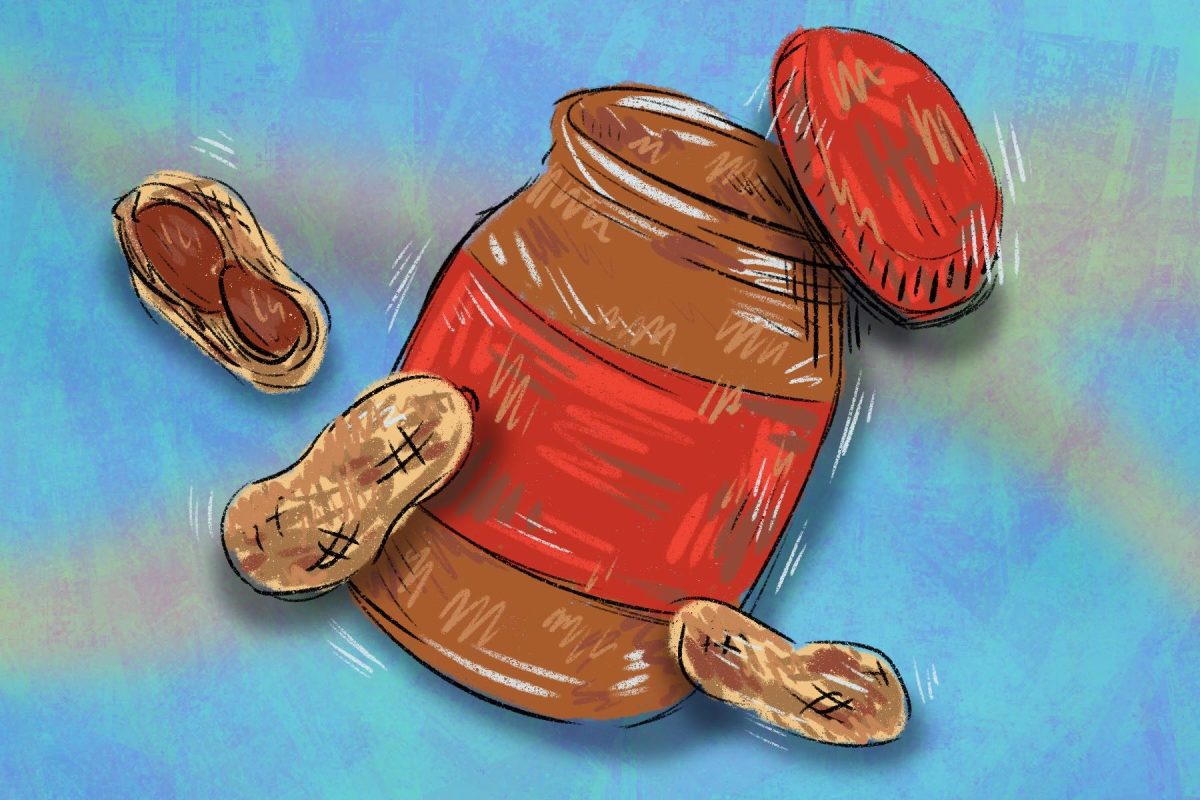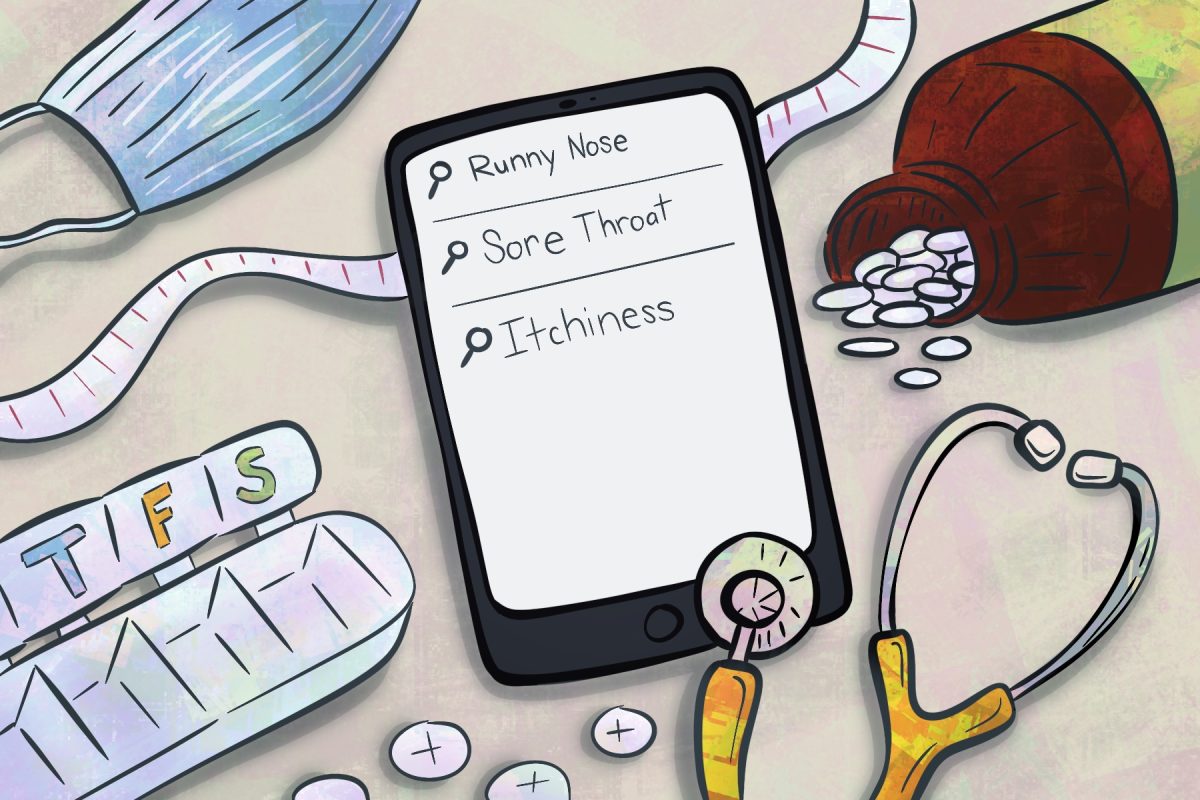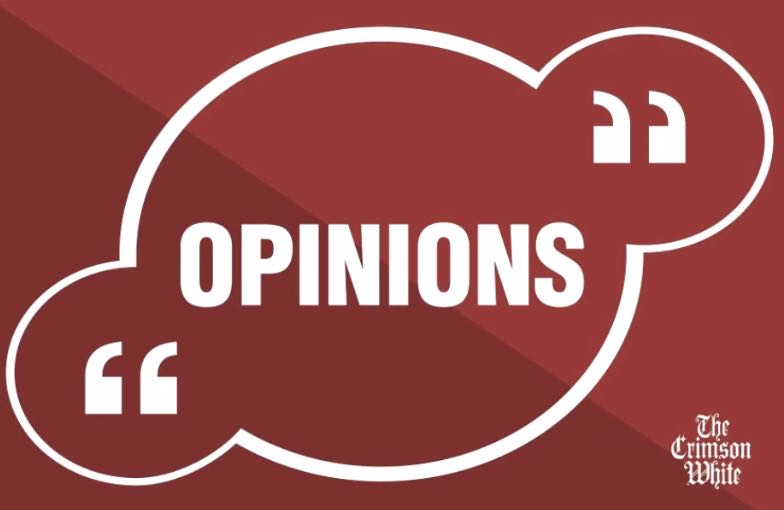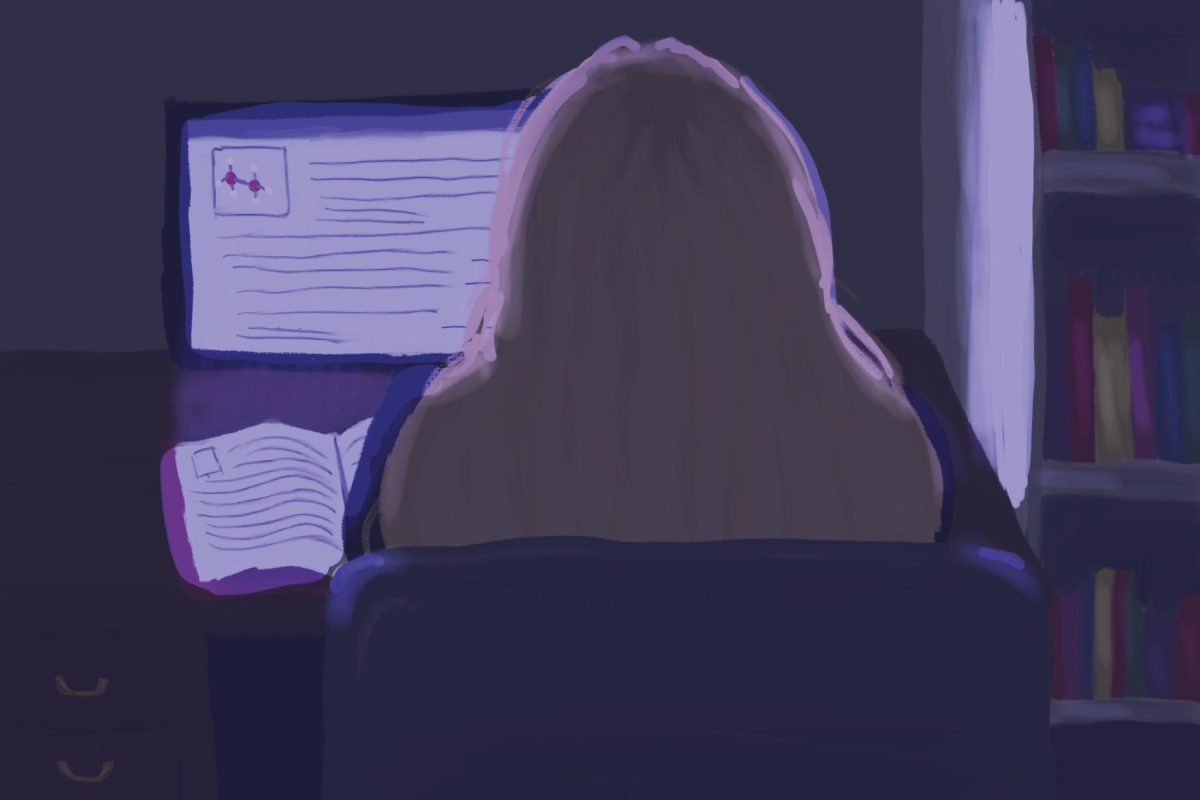While new television shows are premiering every day, it’s become increasingly difficult to captivate an audience. Many producers have taken to attempting to push the envelope farther and farther to rile up more publicity and conversation about the programs they are creating.
Abel Tesfaye, better known by his stage name The Weeknd, is an artist who’s known for his ability to possess an audience in an exquisitely provocative way. His music is known for pushing boundaries of what’s considered appropriate, and some note that his approach to music might be a façade designed to elicit more emotions than he’s worth.
His latest endeavor is with “Euphoria” producer Sam Levinson, “The Idol,” which first premiered at the Cannes Film Festival in May, comes to us as a man’s sleazy take on the dramas of Hollywood. Some people have called it a music industry satire, while others are defaulting to categorizing the show with Levinson’s past work. However, it appears much more sinister, on and off screen.
Two years ago, Max announced the show’s production, and a release date wasn’t set for another year after the announcement.
More conversation began amid the leave of Tesfaye’s initial co-producer, Amy Seimetz. Seimetz still hasn’t commented on her reason for leaving a nearly completed project. With roughly 80% completed, Tesfaye believed the project needed to be revamped, fearing it had too much of a “female perspective.” This was the moment Levinson was brought on set.
Lily-Rose Depp plays a rags-to-riches pop star, Jocelyn, who catches the eye of a seedy predator and self-help guru, Tedros. Looking to help her advance her career after her mother’s traumatizing illness and death, Tedros utilizes unorthodox methods to inspire Jocelyn. He’s joined by a gaggle of followers who all believe that he has saved them and will eventually launch them into stardom.
Levinson’s methods and overall demeanor have raised questions about the true intentions behind the show. While the show originally intended to be a satire of the music industry, it epitomized the exact thing it was attempting to satirize.
Levinson said the show would be provocative. What he failed to mention was how differently his definition of “provocative” would be from the general public’s. It’s sexual assault. When Jocelyn’s assistant, Leia, played by Rachel Sennott, raises concern about the public displays of abuse, she’s spoken over and talked down to by Tedros and his followers.
The antics portrayed in “The Idol” have been compared to those of the cult NXIVM, a personality cult headed by Keith Raniere. He also owned a business of the same name that profited off of selling access to seminars and videos aimed at human development.
It was uncovered later that Raniere’s sexual practices with the women in his group posed a problem. Women were assigned to have sex with him as part of their courses. A heightened focus on the sexual torture exhibited as a method of inspiration in “The Idol” bodes a similar idea to those of Raniere.
Tedros begins as a harmless club owner who is starstruck by Jocelyn. However, by the end of their first meeting, he’s performed sexual acts without her consent and has moved in to her home against the wishes of the people around her, those with her best interests in mind. He has taken over as the head of the house, literally and figuratively.
He moves in the brigade of talent he’s scouted, and they surround Jocelyn while she rewrites the album she had deemed uninspired. Tedros promises her team three hits in just a couple of weeks’ time. Thus their work begins.
During a dinner party, Tedros prompts Jocelyn to discuss the trauma she experienced with her mother, an obviously sensitive topic to her after a very public breakdown, similar to the story of Britney Spears being stuck in a conservatorship by her father. She reveals that her mother would beat her with a brush all over her body to motivate her to practice performing or to work out.
While reeling from the resurfaced emotions, Tedros inquires if she thinks this genuinely help her improve. He then asks if she still has the brush, which she does. We then see Jocelyn weeping, and the smacks of a paddle brush are evident in the background.
Jocelyn’s demeanor clearly changes in the middle of the five-episode series. She’s seen being awoken in the morning, presumably in her clothes from the day before, and being bathed by Tedros, presumably too upset from reliving her trauma to function on her own. Is the behavior worth the payoff in the end?
Are we to assume that the creative liberties taken by two men can accurately depict the trauma experienced by a woman, specifically as a result of her relationship with her mother?
After her album is complete, Tedros is expelled from her life. His actions are exposed in the media, and he is essentially written off by anybody in the music industry. We still have no inkling of what motivates Jocelyn or Tedros.
Nudity and shock factor have replaced plot. The shock of discovering that Jocelyn was actually using Tedros for her own artistic development does not validate the five hours of uninspiring dialogue and poor storytelling.
If Sam Levinson wanted to send a message to the industry, he should’ve sent it directly and spared the rest of us.









